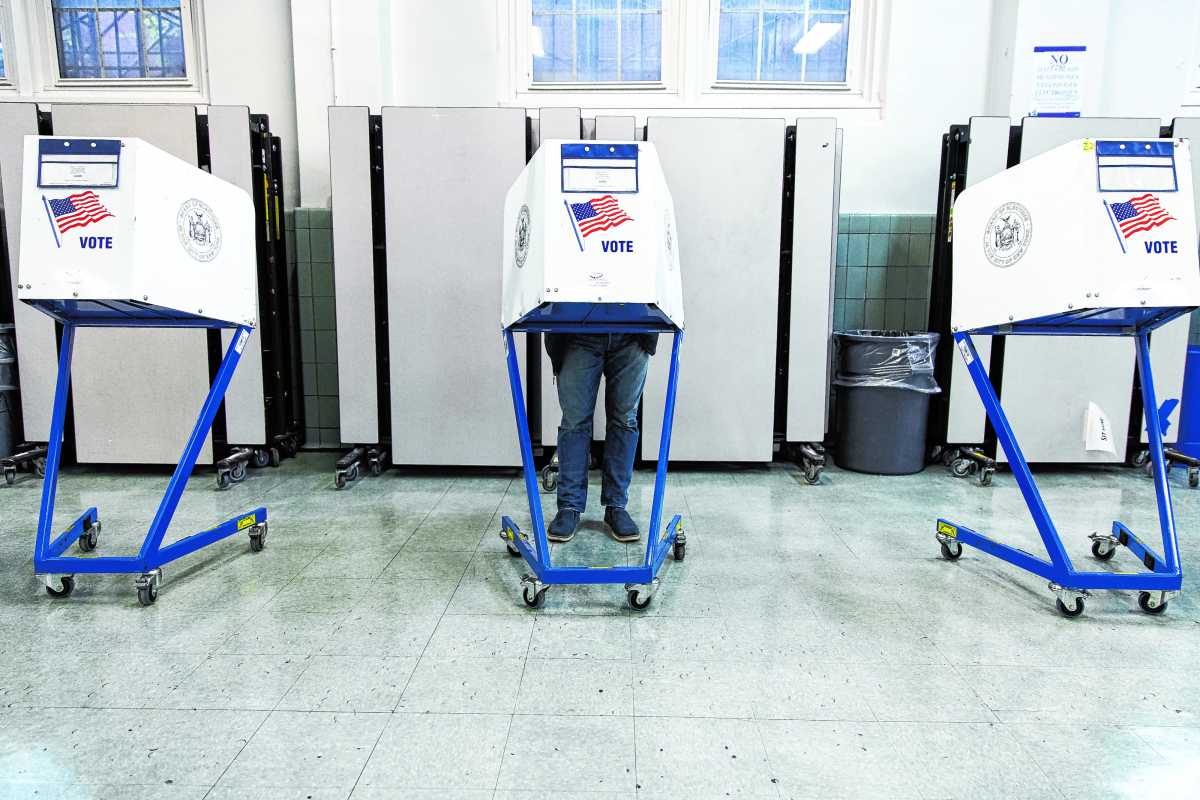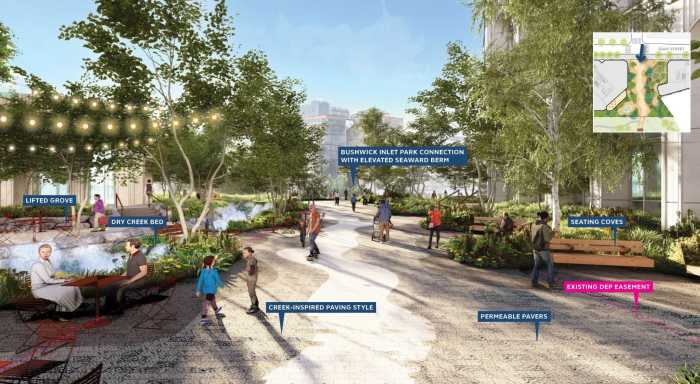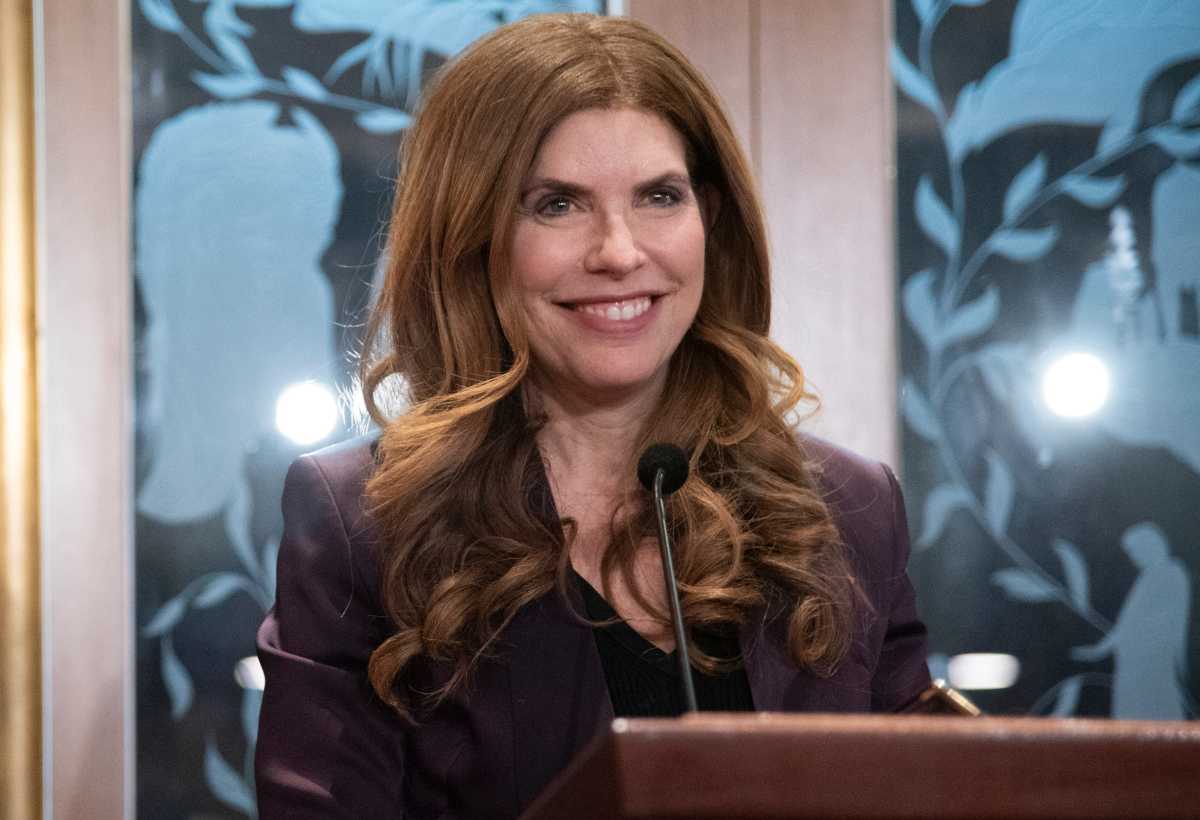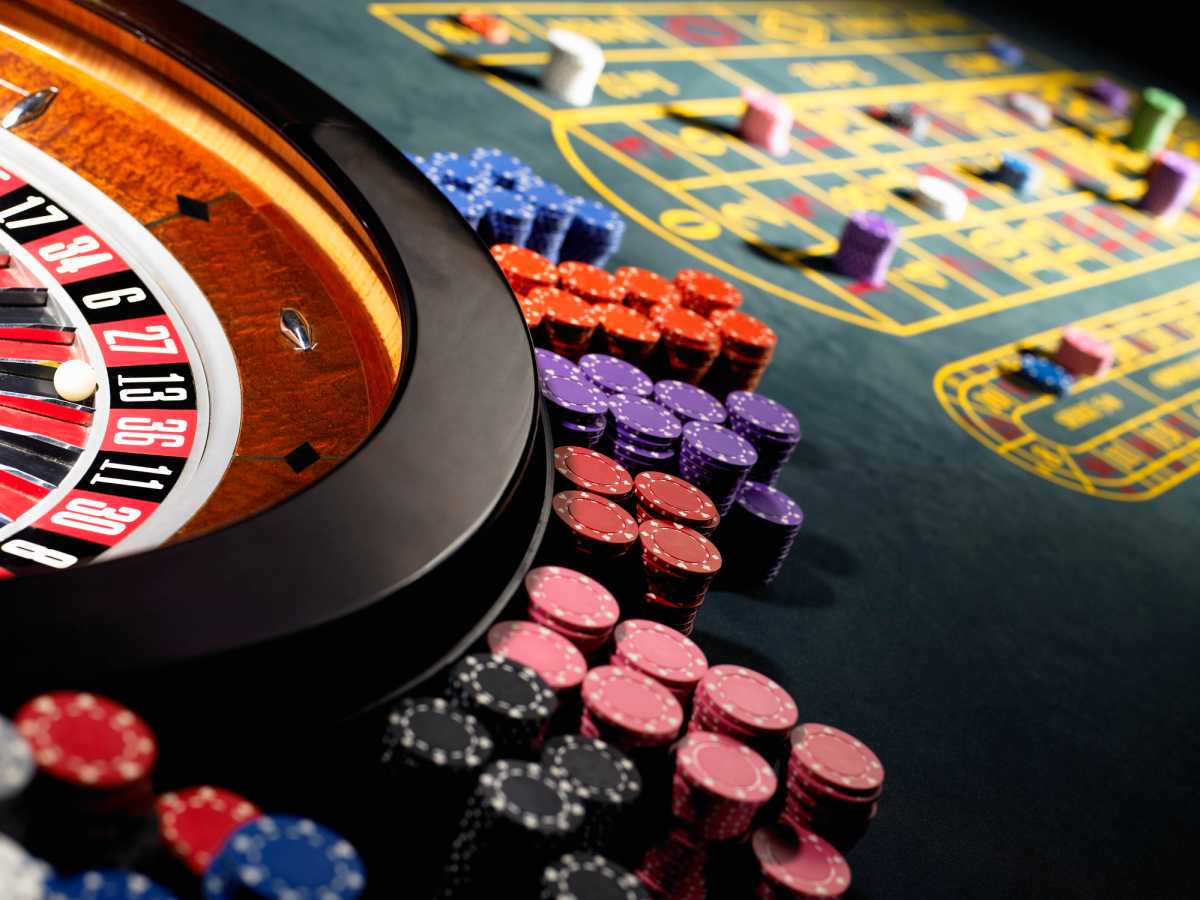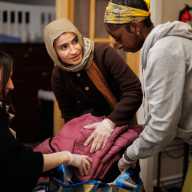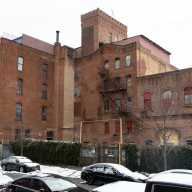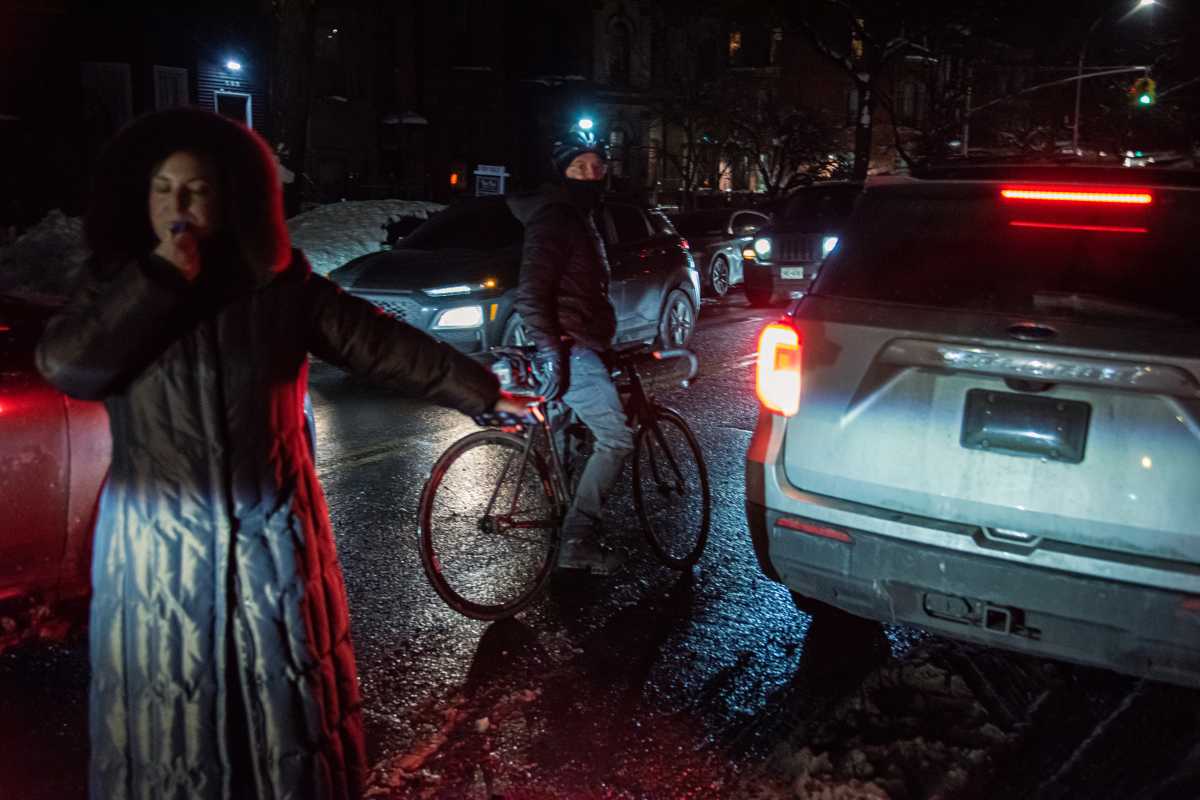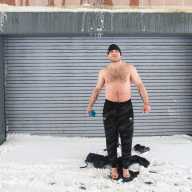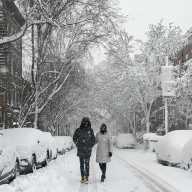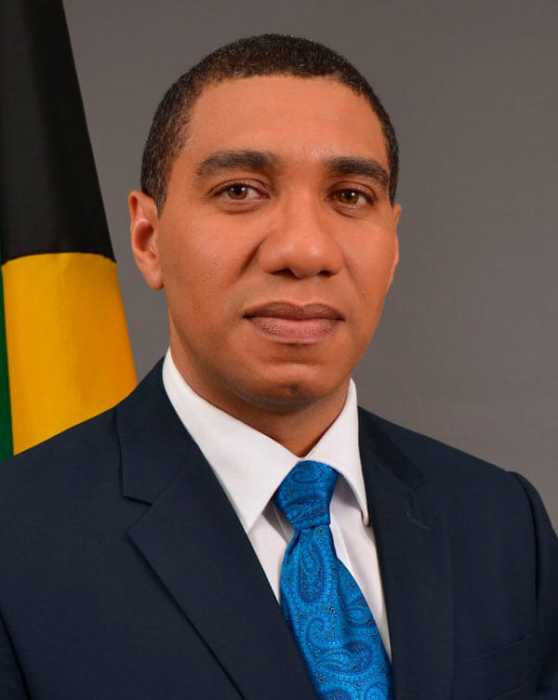New Yorkers are hearing a lot about something that sounds like democracy. Glossy mailers are landing in mailboxes. Overheated tweets are flying. Maybe there’s even a debate or two. Candidates are declaring that the future is on the line. But for all the noise, it’s worth asking: if only a fraction of us can vote — and fewer actually do — is it really democracy we’re practicing, or just the ritual performance of it?
We tend to assume that any place with elections is, by default, a democracy. But it’s not whether elections happen—it’s whether they matter. Vladimir Putin holds elections. So did Saddam Hussein. No one mistakes those regimes for democracies. And while New York City is a world apart, our own elections are looking less and less democratic.
Like Major Garland Briggs’s fear that love isn’t enough, I’m afraid elections aren’t enough either. Not when the system ensures that only one contest really counts — and a huge number of New Yorkers can’t even vote in it.
About two-thirds of New York City voters are registered Democrats — which means roughly a third of voters are locked out of the primaries that effectively decide most races. But even among those who can vote, few actually do. Turnout in Democratic primaries is incredibly low — often below 20%. In the 2021 mayoral primary, fewer than 1 million people voted in a city of over 8 million. Millions sit out the only election that actually matters.
Take that same 2021 race. We got Adams vs. Sliwa in November — a matchup long after the real decisions were made in a packed June primary. Under an open system, we might have had Adams vs. Garcia on the general election ballot, giving every voter a chance to weigh in.
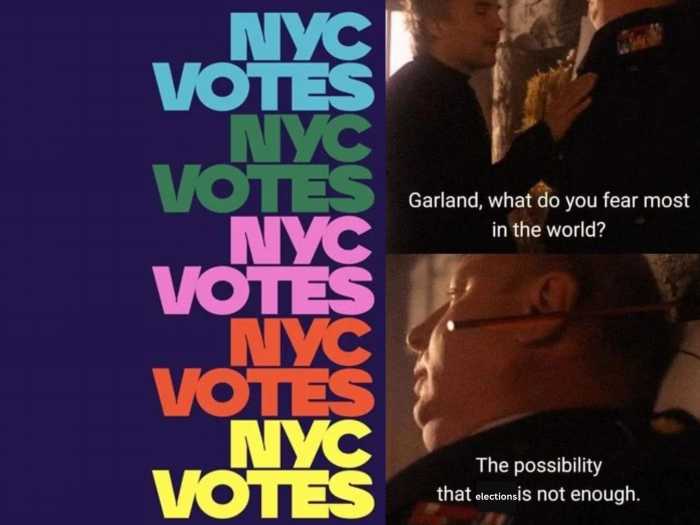
This isn’t just about fairness. It’s about the health and future of progressivism. I won’t pretend open primaries always benefit the candidates or causes I support. But over time, they force ideas to compete — and evolve — before a full electorate. That’s how real change takes hold.
Vermont Senator Bernie Sanders — the Brooklyn-born socialist — is a good example of what’s possible when ideas are tested beyond a closed primary. Sanders didn’t just win over Vermont’s Democratic base—he won over the whole electorate. He doesn’t just win statewide every six years as a senator; he also won every two years as Vermont’s sole U.S. House representative for 16 years. A democratic socialist from Brooklyn earning the trust of voters in a state that has elected plenty of Republicans is no small thing. Open primaries didn’t hurt. (And yes, I’ll always enjoy shouting out one of Brooklyn’s best exports—even if he lives in Burlington now.) Open primaries also help elect leaders like Boston Mayor Michelle Wu—whom Brad Lander and Zohran Mamdani said was currently the most effective democrat.
The point is this: if we want a truly democratic city — where ideas are tested in the open, not behind closed party doors — we need open elections.
But casting a ballot isn’t the only way to shape our democracy. Two Charter Revision Commissions are currently holding hearings across the city. One, convened by the mayor, may put open elections on the ballot this November. The other, the Commission to Strengthen Local Democracy—on which I serve as a commissioner—is exploring deeper reforms to make city government more accessible, transparent, and accountable. I encourage New Yorkers to attend these hearings, testify, and help push our city closer to the democracy we deserve. And don’t forget: as Al Smith said, the cure for the ills of democracy is more democracy
Mike Racioppo is currently a Commissioner on the Commission to Strengthen Local Democracy as well as the District Manager of Brooklyn Community Board 6 and a former adjunct professor at Brooklyn College.


